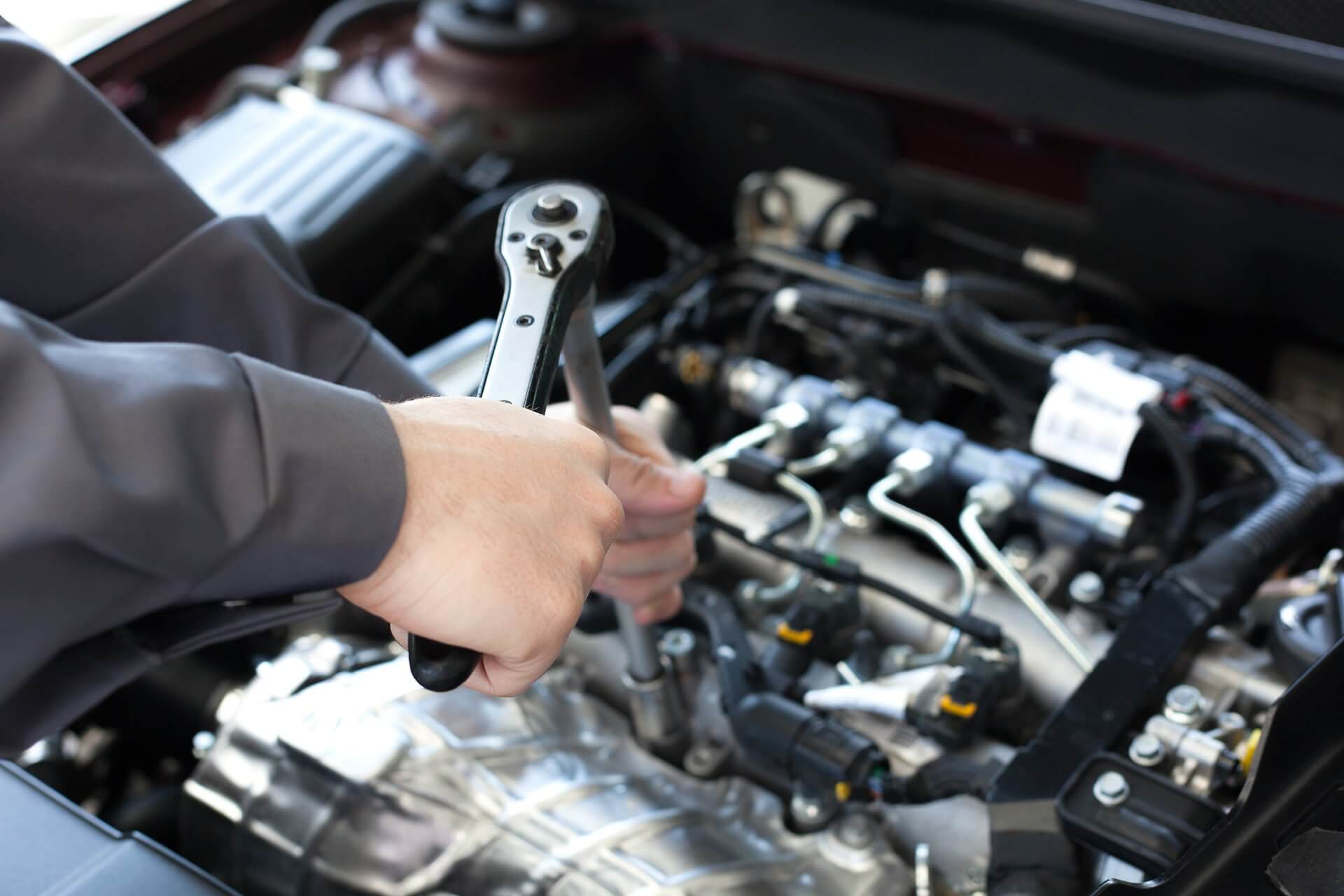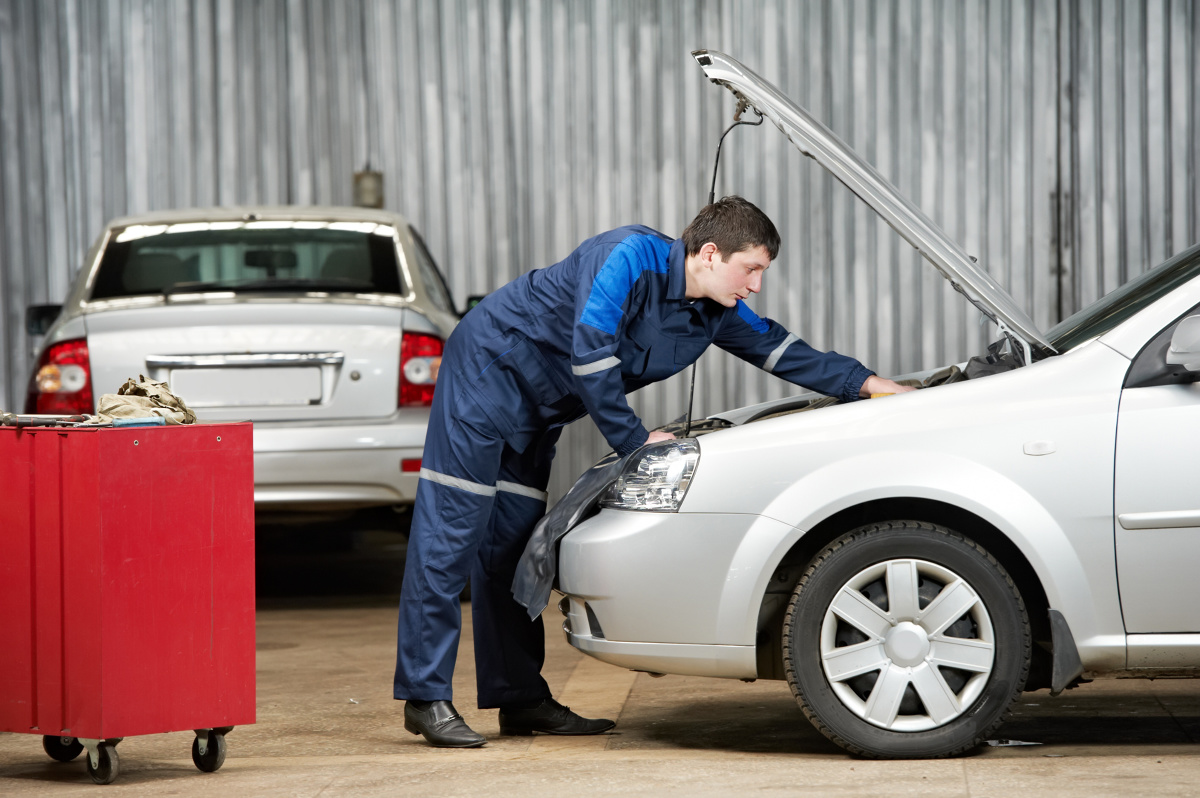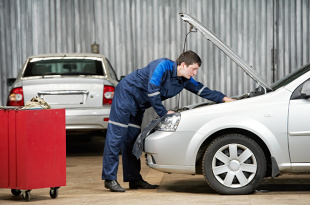
Engine. The most common faults
 Experts identify five of the most common problems due to which the engine fails. How to prevent them?
Experts identify five of the most common problems due to which the engine fails. How to prevent them?
 Regular preventive check-ups, i.e. visits to an authorized service center are sometimes an opportunity to completely heal one or another defect that has not yet developed and has a negative impact on other nodes.
Regular preventive check-ups, i.e. visits to an authorized service center are sometimes an opportunity to completely heal one or another defect that has not yet developed and has a negative impact on other nodes.
Injector malfunctions
Until recently, this problem concerned modern diesel engines, but nowadays it is increasingly difficult to find a gasoline engine that does not have direct injection. The condition of the injectors is primarily affected by the quality of the fuel. In the case of direct injection gasoline engines, a fairly common problem is carbon deposits on valves and cylinder heads. This may be due to manufacturing defects or low-quality fuel.
Problems with turbochargers
If the engine is the heart of the car, the turbocharger acts like an extra lung because it provides the right amount of air for maximum power. Nowadays it is difficult to buy a new car without refueling, so it is worth knowing how to take care of it, because this “body” most often avenges all negligence. First of all, you should refuse to crank the engine at high speeds if it is not warmed up, and also avoid turning off the car immediately after a long or dynamic trip.
Owners of vehicles with variable geometry turbochargers who cannot tolerate prolonged low-speed driving should be especially wary of system sticking. Engine oil is mainly responsible for cooling the turbine. The need to lubricate the engine under varying and difficult operating conditions means that the best solution to protect the turbocharger is to use synthetic oil.
Unreliable ignition coils.
Uneven engine operation or a drop in engine power may indicate damage to the ignition coil. Their premature failure may be due to the installation of low-quality or poorly matched candles, or a malfunction of the HBO system. In this situation, we only need to diagnose the cause of the breakdown, repair it and replace the coils with new ones.
The editors recommend:
Should a practical car be expensive?
– Driver-friendly multimedia system. Is it possible?
– New compact sedan with air conditioning. For PLN 42!
Two-mass flywheel
Until recently, this problem only affected diesel engines, but now the dual-mass flywheel can also be found in gasoline engines, including those equipped with automatic transmissions (for example, DSG automated transmissions). This component is designed to protect the clutch and transmission by eliminating engine vibration. It is worth knowing that the operation of a dual-mass flywheel at low frequencies, i.e. at low engine speeds, accelerates its wear and can lead to an expensive replacement (usually around PLN 2). Therefore, avoid long driving at low speeds.
Problem electronics
The ubiquitous digitalization has also affected automobile engines, the operation of which is monitored by a number of sensors, as well as supply and control systems. However, if one of them fails, it may turn out that the mechanically efficient engine will no longer function normally. Among the main culprits for this periodic engine infection are: a lambda probe, a crankshaft position sensor, a camshaft position sensor, a flow meter and a knock sensor. The motor controller itself can always refuse to cooperate. It is difficult to find a universal antidote for such problems. What can cause alarming symptoms is the wrong way to operate the car, as well as intervention in the engine - for example, by installing HBO or chip tuning.

